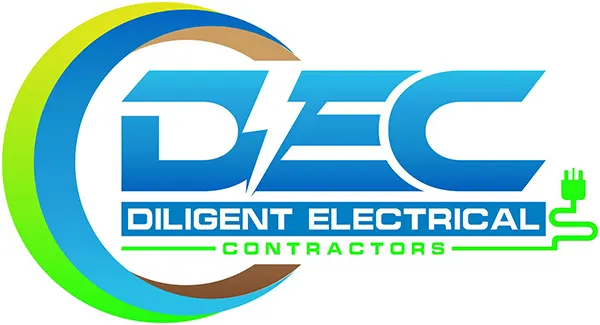Electricians often specialise in either domestic or commercial work. While their core knowledge overlaps, the environments, systems, and compliance standards they work with differ significantly. This guide helps you understand these differences to choose the right professional.
What Is a Domestic Electrician?
A domestic electrician works in residential settings such as homes, flats, and small residential buildings. Their role focuses on standard 230V single-phase systems, typically used in households.
Core Tasks:
- Installing and replacing sockets, switches, and lighting
- Upgrading consumer units (fuse boxes)
- Performing EICRs for landlords and homeowners
- Handling wiring for extensions, lofts, and garden offices
- Installing domestic fire alarms, smoke detectors, and security lighting
Tools Used:
- Voltage Tester
- Multimeter
- Wire Stripper
- Insulation Resistance Tester
Regulatory Oversight:
- Entity: Part P Compliance is mandatory for notifiable work in dwellings
- Work must comply with BS 7671 Wiring Regulations
- Certification through NICEIC or NAPIT ensures legal and safe installation
What Is a Commercial Electrician?
A commercial electrician works on non-residential properties such as offices, retail spaces, schools, warehouses, and healthcare facilities. They typically deal with more complex systems that run on 400V three-phase electricity.
Core Tasks:
- Installing and maintaining distribution boards
- Running three-phase wiring for heavy machinery
- Installing emergency lighting and fire alarm systems
- Configuring structured cabling and data points
- Setting up access control and CCTV wiring
Tools Used:
- Loop Impedance Tester
- RCD Tester
- Cable Locator
- Conduit Bender
- Phase Rotation Meter
Regulatory Oversight:
- Must comply with BS 7671 for commercial electrical installations
- Must follow Health and Safety at Work Act provisions
- May require specialist knowledge for industrial control systems or automation
Key Differences at a Glance
| Feature | Domestic Electrician | Commercial Electrician |
| Typical Voltage | 230V (single-phase) | 400V (three-phase) |
| Work Environment | Homes, flats, garden buildings | Offices, retail units, warehouses |
| Load Calculation | Low to moderate | Medium to high |
| Systems Installed | Lighting, sockets, EV chargers | Distribution boards, server rooms |
| Regulatory Requirements | Part P, BS 7671 | BS 7671, Health & Safety Executive (HSE) |
| Risk and Complexity | Lower | Higher |
Qualifications and Certification
Both domestic and commercial electricians require:
- City & Guilds Level 3 Diploma in Electrical Installations
- Inspection & Testing Certificate for issuing EICRs
- Registration with bodies such as NICEIC or NAPIT
A commercial electrician may need additional training in:
- Fire alarm commissioning
- Emergency lighting design
- Data cabling and networking standards
When to Hire a Domestic vs Commercial Electrician
Hire a Domestic Electrician if:
- You need a socket installed or moved in your home
- You’re rewiring a kitchen or loft extension
- Your home requires a safety check or landlord EICR
- You’re installing an EV charger at home
Hire a Commercial Electrician if:
- You’re fitting out an office or retail space
- You need structured cabling for data or phone systems
- You’re setting up security and fire systems in a commercial unit
- Your machinery or lighting requires three-phase supply
Conclusion
Domestic and commercial electricians bring different skills to different environments. Domestic electricians specialise in residential wiring and safety, while commercial electricians handle larger, more demanding systems in business settings. Choosing the right one ensures compliance, safety, and reliable operation.
